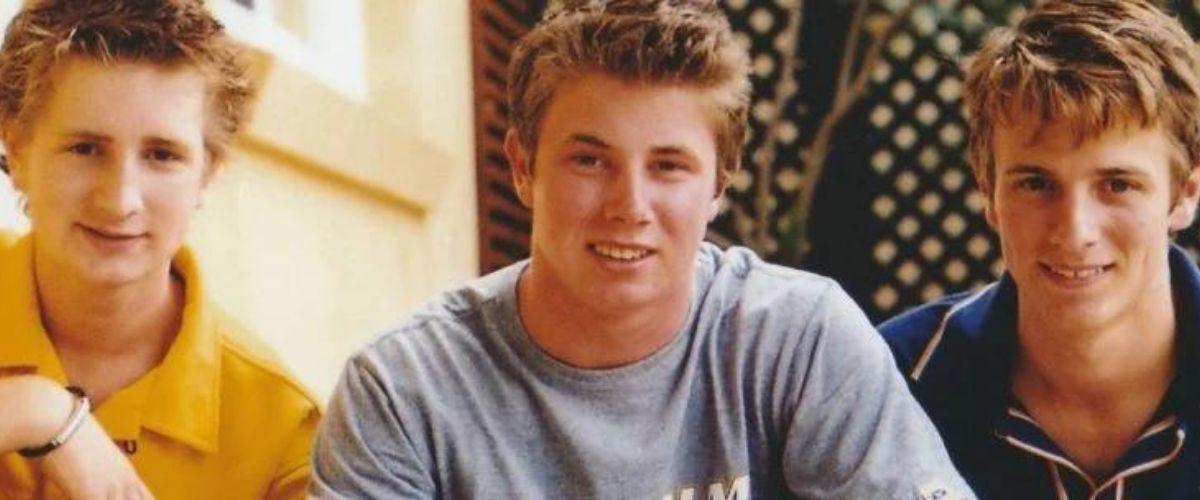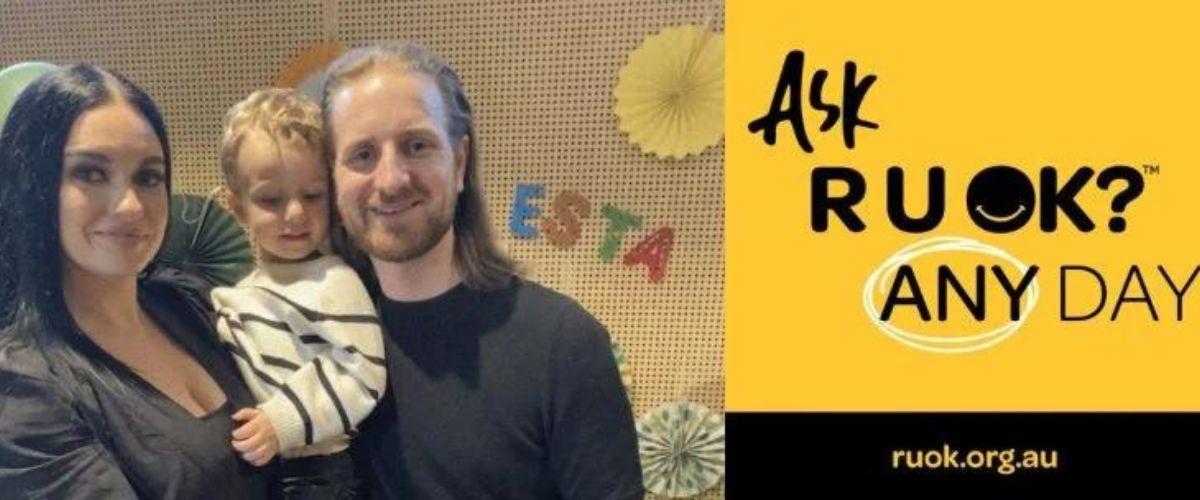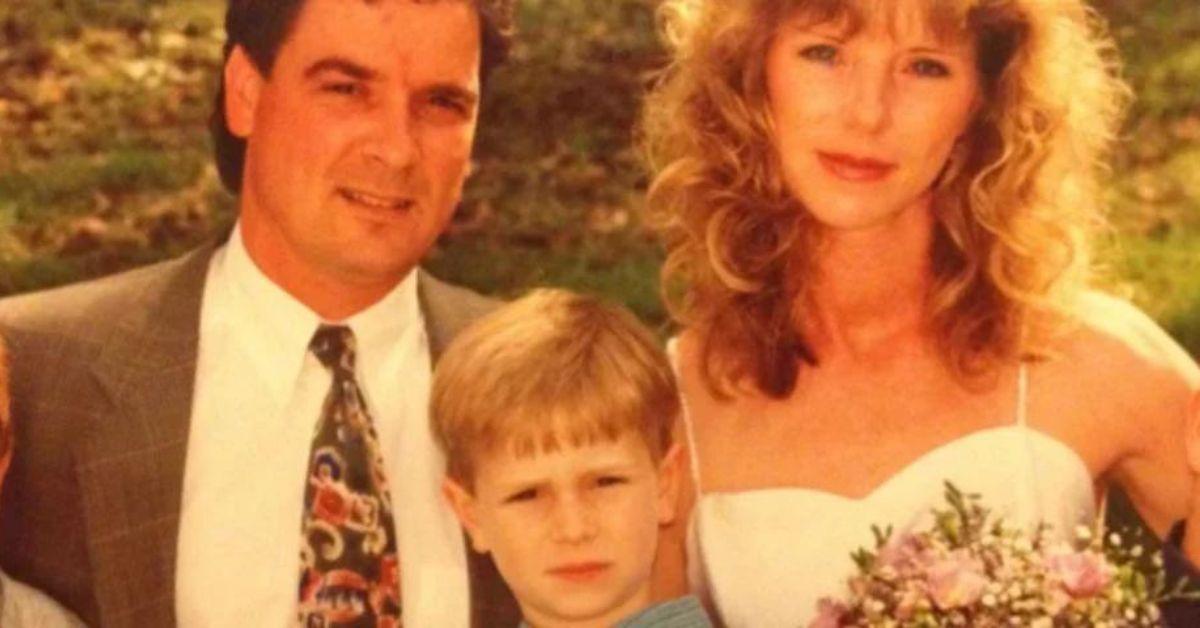By: Mike Crooks
From a young age, Nic (pictured above as a child) battled with his mental health.
At first he thought his feelings of anxiety were related to his school-work, but what he didn’t know was that he was suffering from a mental disorder.
“I felt numb, I couldn’t respond to the world around me and didn’t care for myself or my future,” he said.
“Food that used to taste good, no longer did, and activities I once loved doing no longer brought me joy. It was all about maintaining the appearance that I was fine, when I wasn’t at all.”
“Faking happiness”
Indeed, Nic needed help. But for a time, he kept his problem hidden.
“I got good at faking happiness and the constant assurances to people.
“I got good at faking happiness and the constant assurances to people… ‘I’m just tired’, ‘I didn’t get a lot of sleep last night’,” he explained.
“There wasn’t an area of my life that mental illness didn’t affect.”
Nic is now an ambassador for the national suicide prevention campaign RU OK? This year, R U OK? Day is on September 12 (the second Thursday in September).
The campaign encourages people to stay connected and have conversations that can help others through difficult times.

“A new life”
For Nic, who shares his story on the R U OK website, his mental health became considerably worse as a teenager after the death of his brother Chris.
Chris was a talented sportsman, with aspirations of playing professionally, but injuries meant he could no longer play.
“And for him, not being able to physically compete anymore, that was sort of like, ‘What am I going to do with my future?’” Nic said.
Chris never told anyone the extent of his mental struggles, and he took his own life at the age of 18. Nic was 16 at the time, and he was also struggling.
Thankfully, he reached out for help, and got the professional help and medications he needed. Nic was diagnosed with bipolar disorder.
“A huge part of me getting well again was my parents’ unconditional love and support,” Nic said. I could go to them and talk about things, knowing they wouldn’t judge me for how I was feeling or what I was saying and doing.
“This was the beginning of a new life for me.”

Losing the stigma
Nic now shares his story as part of his role as an R U OK? community ambassador.
“I speak about mental health to lots of different audiences,” he said. “But my real home is among teenagers and young adults, because that’s the time when I needed to hear this stuff.
“There’s huge barriers for people getting the help they need – none bigger than stigma.”
The aim of R U OK? Day is to lose the stigma surrounding mental health issues.
The aim of R U OK? Day is to lose that stigma surrounding mental health issues.
R U OK? contributes to suicide prevention efforts “by encouraging people to invest more time in their personal relationships and building the capacity of informal support networks,” an RU OK? statement read.
People are encouraged to have a conversation if they identify signs of distress or difficulty, and to connect someone to the right sort of support – before their situation turns into a crisis.
RU OK Events
The week of R U OK? Day is an awareness campaign that also includes events where people have opportunities to connect. It’s an initiative that began with a tragedy, and a family’s overwhelming grief.
After his father took his own life in 1995, Sydney advertising executive Gavin Larkin wanted to protect others from the pain and despair he and his family endured.
It led to the creation of RU OK?, a way to encourage speaking about mental issues, and knowing it is OK to reach out for help.
Father-of-three Gavin died of cancer in 2011, but his legacy continues through the national conversation movement that is R U OK?
By hearing Nic’s story, teens and adolescents have a starting point for how to seek support.
And it’s through people like Nic, that that conversation continues. By hearing Nic’s story, teens and adolescents have a starting point for how to seek support.
“Speaking to young people isn’t just a job for me, it really feels like I’m meant to be doing this. It’s a calling,” he said. “And it wouldn’t have happened if I didn’t get well.”
For more information, head to the R U OK? website.
If you need support, call Lifeline on 13 11 14 or visit lifeline.org.au.
Article supplied with thanks to Hope Media.
Images: All supplied by R U OK? and used with permission.
About the author: Michael Crooks is a senior journalist and former news editor of Who magazine. His work has appeared in People, Marie Claire, The Daily Telegraph, Herald Sun, news.com.au, Qantas magazine and more.

